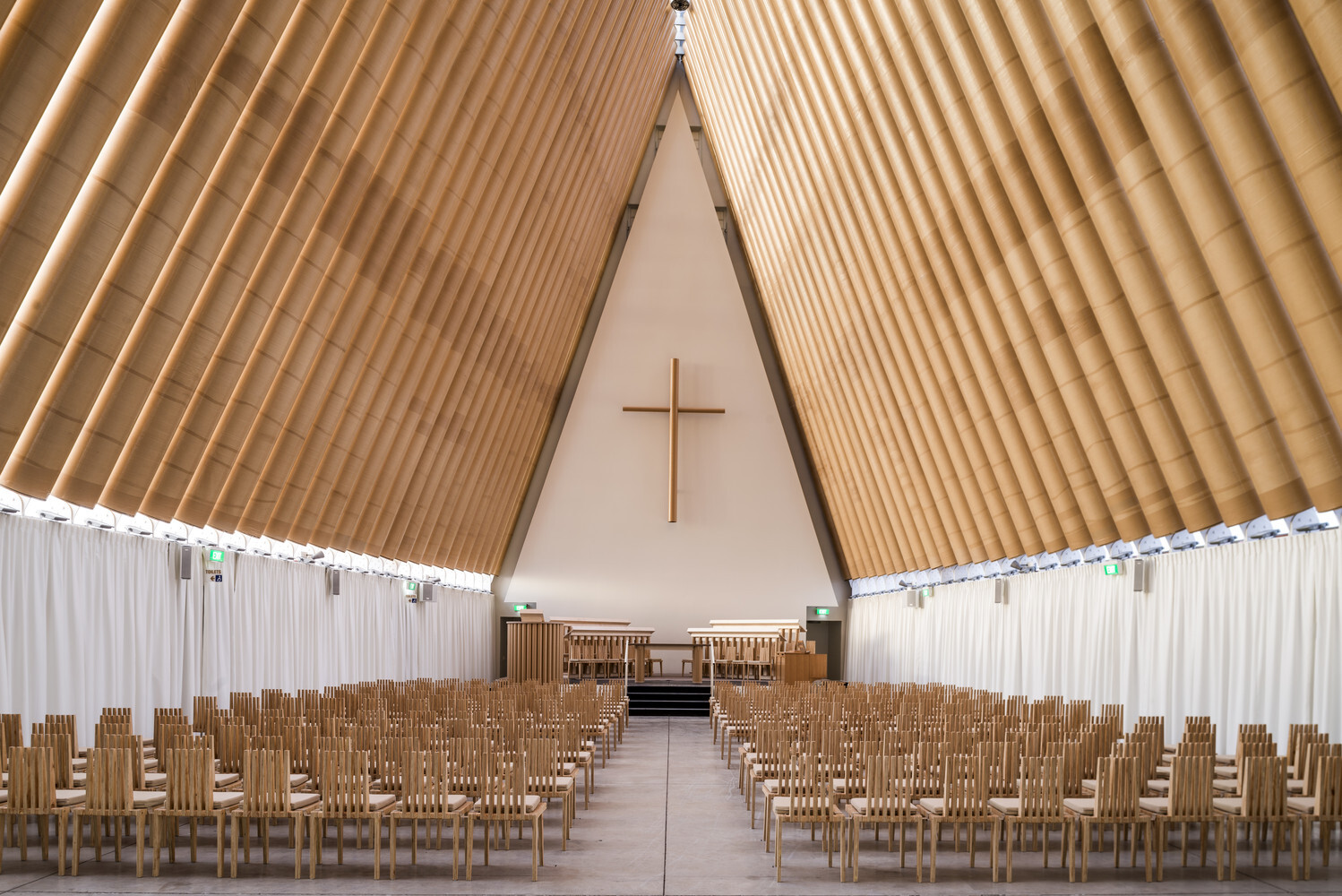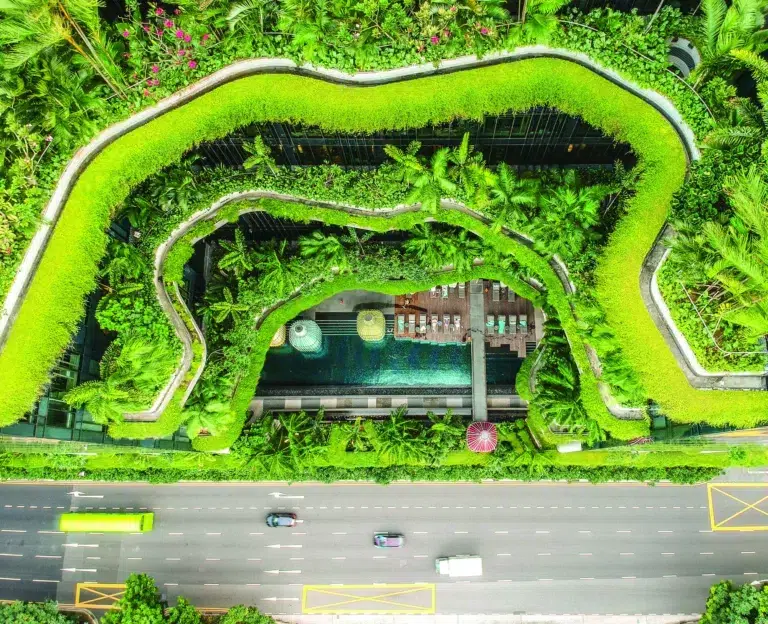How two architects approach low-tech architecture, plus other updates

For PropertyGuru’s news roundup, comparing two architects’ approaches to low-tech architecture. In other headlines, North Korea will launch a major tourist site next year, even though the country still blocks visits by most foreign tourists. Finally, the Saudi Real Estate General Authority emphasises the importance of property contracts to protect the interests of all parties concerned.
What is low-tech architecture: Comparing Shigeru Ban and Yasmeen Lari’s approaches
The concept of low-tech architecture recognizes the impact of carbon-intensive technologies and building practices and proposes an alternative: a rediscovery of practical, rational, locally adapted solutions that count on smart design strategies instead of energy-intensive devices to ensure a safe, comfortable living environment. Far from being a regressive approach, the term remains open to innovations but seeks to rebalance the industry’s reliance on mechanization. It thus favours an architecture of fewer components, minimized dependence on high-tech solutions, and a preference for low-embodied carbon materials.
Across the world, architects are embracing this concept, recognizing its positive social, environmental, and ethical potential. ArchDaily examines two architects who stand out for embodying these principles, though in different contexts.
Shigeru Ban became internationally recognized for his humanitarian and disaster relief efforts, working with communities in crisis in the face of a scarcity of resources. In his approach, innovation comes from the ability to find simple and functional solutions that address real-world problems effectively.
Similarly, Yasmeen Lari applies her architectural expertise to develop accessible and locally adapted solutions for communities across Pakistan. Lari works primarily with social infrastructures, probing the needs of at-risk communities and developing long-term solutions with them, often by adapting forgotten vernacular techniques.
North Korea plans to launch a major tourism site next year though it still blocks foreign tourists
State media reported on Thursday (18th July) that North Korean leader Kim Jong Un visited a major tourism site being constructed on the country’s eastern coast and discussed steps to open the zone by next year, though the country still blocks visits by most foreign tourists.
CNA says the Wonsan-Kalma zone is one of Kim’s most talked-about tourism projects. For years, North Korea has been building luxury hotels and recreational facilities there to create a key attraction for international visitors. But the project reportedly suffered setbacks due to shortages of construction materials as a result of toughened United Nations (UN) sanctions and COVID-19 restrictions.
Kim toured the Wonsan-Kalma zone with top deputies on Tuesday and discussed preparations for its opening by May 2025 as decided by a ruling party meeting in January, according to the official Korean Central News Agency.
The Saudi Real Estate Authority emphasises the importance of contracts in protecting rights
The significance of thoroughly recording real estate contracts in every transaction has been emphasised by the Saudi Real Estate General Authority (REGA), according to PropertyNews.ae. This is essential to protect the interests of all parties concerned, reduce real estate conflicts, and enhance transaction quality to foster the expansion and sustainability of the industry.
REGA offers real estate documentation services to individuals and businesses through its authorized digital platforms.
The objectives are to introduce real estate services, laws, and regulations; control real estate transactions; safeguard beneficiaries; enhance market confidence; encourage real estate activity; and raise awareness among real estate professionals.
The Property Report editors wrote this article. For more information, email: [email protected].
Recommended
6 green real estate projects reshaping Asia’s future
Developers are being incentivised to push a green agenda into daring new realms
ARES White Paper Volume 3: The era of adaptive reinvention
Pioneering sustainable and innovative practices in urban development
ARES White Paper Volume 2: Unravelling the power of data revolution in real estate
Insights on proptech, smart cities, and sustainable development
ARES Digital White Paper Volume 1: The fundamentals of responsible building
Green and climate heroes join forces to discuss how Asia Pacific can weather the current environmental crises and the looming effects of climate change






